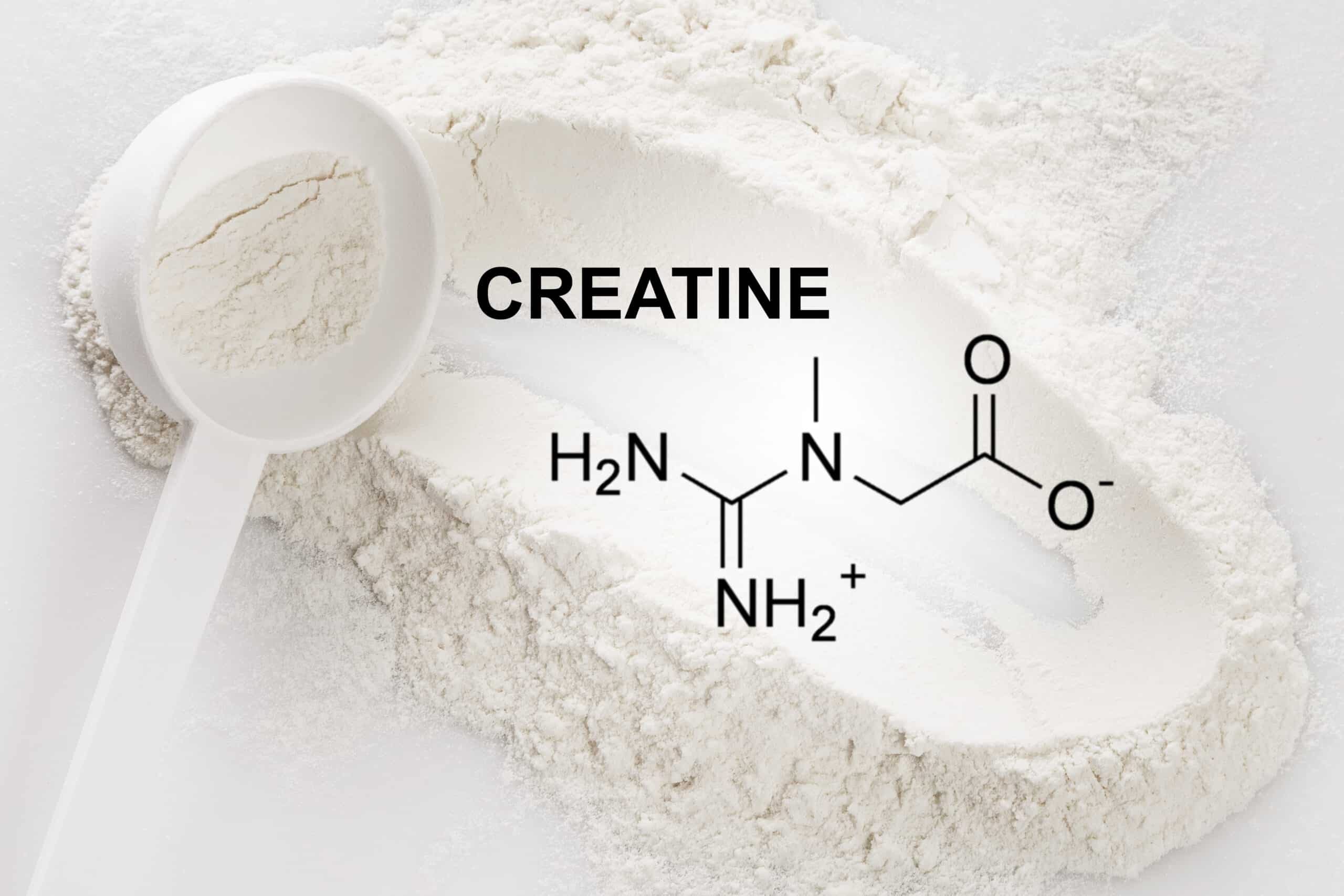“Laughter is the best medicine.” It’s a common expression, but does it carry any weight?
According to current research, happiness and health seem to go hand in hand. When a person is happy, they are more likely to be healthy. And when a person is healthy, they are more likely to be happy. The link between happiness and health may be controversial at times; although they are not directly related, they are definitely correlated.
Happiness in the Brain
Positive emotions can activate reward pathways in the ventral striatum. This area of the brain is responsible for decision-making, reinforcement, and motivational salience, which could be why positivity leads to an increased incidence of healthy behaviors and improved health outcomes.
Thinking positive, happy thoughts causes the brain to release serotonin, which affects mood. In general, happiness supports the brain’s ability to create and strengthen synaptic connections, especially in the prefrontal cortex.
Happiness and Longevity
Happy people tend to live longer lives. A long-running study on longevity asked participants to rate their happiness, anxiety, and other emotions at four specific times over the course of a single day.
After controlling for age, depression, chronic diseases, health behaviors, and socioeconomic factors, they found that the happiest group of people were thirty-five percent less likely to have died, and the middle group was twenty percent less likely to have died (compared to the group of relatively unhappy participants).
Although this evidence does not support the notion that happiness directly affects longevity, it does imply that a person’s mental well-being is an important part of their overall health.
The Flip-Side
Although research cannot confirm a link between happiness and health, most researchers agree that the absence of negative emotions is what truly makes a difference in a person’s health. There have been extensive studies on negative emotions and their effects on the body. Long-term stress, fear, anger, and anxiety can have a serious impact on a person’s health.
On a basic level, stress can cause headaches, stomach aches, fatigue, or sleeping problems. It can lead to anxiety, depression, or coping mechanisms, such as addiction. Over time, it can weaken immunity and increase inflammation in the body, contributing to health problems such as high blood pressure, heart disease, obesity, and diabetes. Positivity, on the other hand, is associated with a decrease in the stress hormone, cortisol.
Techniques to Reduce Stress
The ways in which you can manage your stress levels are similar to those that can boost your health and happiness. These include:
- Regular exercise
- A healthy, balanced diet
- Meditation and/or breathing techniques
- Socialization
- An adequate amount of quality sleep
Taking the proper steps to manage your stress levels is an important part of a happy, healthy life.
How to be Positive
When all is said and done, optimism enhances our quality of life. Being happy simply feels good! Here are 4 ways to boost your positivity.
1. Do something you love every day. This can be anything, from playing guitar to cooking. Make sure you engage daily to get a happiness boost often.
2. People who spend once a week socializing—whether it is a phone call or time spent together—experience lower blood pressure and cortisol levels during that time. If you are going out, try to eat a healthy meal and stick to the recommended 1 to 2 drinks.
3. Physical activity triggers the brain to release Brain-Derived Neurotrophic Factor (BDNF), endorphins, serotonin, and norepinephrine. BDNF promotes calm after a workout, and endorphins result in the post-workout euphoria many experience. Regular exercise boosts happiness and is important for overall physical health.
4. Meditative thoughts, such as self-reflection and loving-kindness, can help people develop positive behaviors and increase positive emotions.
International Day of Happiness is Tuesday, March 20th. Celebrate by writing a plan that incorporates the four actions above, and let family and friends know what you have learned. Happiness is best shared!
This guest post is written by NurseRegistry. NurseRegistry matches clients with nurses for personalized in-home medical care. Learn more about private duty nursing at NurseRegistry.com. For all your health related matters please consider reaching out to Peninsula Doctor



